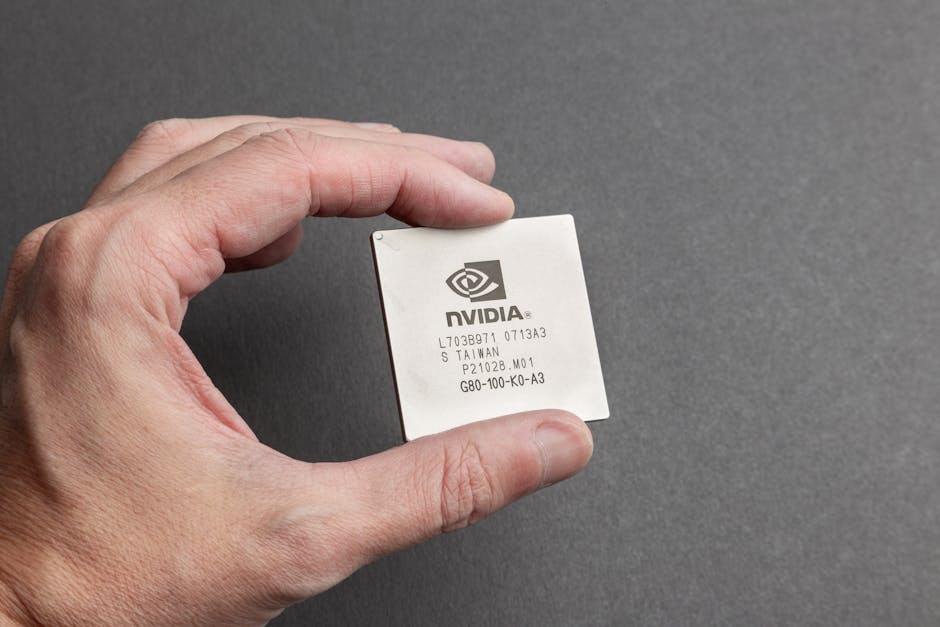Ericsson Strengthens Local Manufacturing in India with 6G Vision and Social Innovation

Ericsson Commits to Local Manufacturing in India for 6G Era

Pexels
Ericsson, the global telecommunications giant, has announced a significant commitment to manufacturing all of its telecom equipment sold in India locally. This bold move, revealed during the India Mobile Congress 2025, underlines Ericsson’s long-term strategy to position India as a critical global hub for advanced telecom infrastructure. According to Andres Vicente, Head of Market Area Southeast Asia, Oceania, and India at Ericsson, the company foresees starting 6G trials around 2028, followed by commercial rollouts shortly after. By focusing on in-country manufacturing, Ericsson aligns itself closely with India’s vision of self-reliant, technologically advanced industries.
Currently, the company already produces 4G and 5G equipment in India, which also serves several neighboring countries. Ericsson has escalated its efforts in research and development through its ASIC facility in Bengaluru and recently initiated production of passive antennas in partnership with VVDN Technologies. Vicente emphasized the ongoing expansion of this ecosystem, including plans to grow its ASIC R&D team to 150 engineers, enabling deeper value addition to locally manufactured equipment.
India: A Key Player in the Global Telecom Ecosystem

Pexels
Andres Vicente highlighted India’s potential to become a global telecom manufacturing powerhouse by developing a complete supply chain for high-tech components. Currently, several critical components, such as batteries and filters, are still imported. Ericsson’s vision involves investing not only in anchor brands but also in local ecosystems to foster production of all necessary components within India. The rapid development of such a manufacturing framework offers India what Vicente described as a rare, “lifetime opportunity” to lead in advanced telecom technologies.
This strategy resonates with India’s broader goals, such as the ‘Make in India’ initiative, which aims to enhance the country’s industrial capabilities and increase its contributions to global technology markets. As Ericsson works to strengthen its collaborations and increase R&D activities locally, the long-term impact could significantly boost India’s telecom export potential and encourage the development of 6G technologies within the country.
Social Innovation Powered by 5G Technology

Pexels
Beyond its focus on telecommunications equipment, Ericsson is also utilizing its technology to address social challenges in India. One notable initiative is the 5G-enabled Annapurti Grain ATM, developed in partnership with the World Food Programme. These kiosks employ Aadhaar biometric authentication to dispense food grains seamlessly, revolutionizing food distribution to underserved communities. Designed to deliver between 25 and 30 kilograms of grains within 30 seconds, these ATMs support the government’s ‘One Nation, One Ration Card’ initiative, offering 24/7 food access across cities such as Shillong, Varanasi, and Lucknow.
The Annapurti systems are set to expand further, with 23 additional kiosks planned over the next year. This initiative showcases how advanced connectivity solutions can mitigate critical issues like food security, ensuring meaningful societal impact beyond traditional telecom services. Ericsson’s efforts exemplify how technology can drive inclusion while supporting infrastructural and policy innovation in developing nations.
Ericsson’s Role in Shaping India’s 6G Future

Pexels
As Ericsson doubles down on its commitment to India, the company’s multi-faceted strategy spans local manufacturing, advanced R&D, and socially impactful innovations. These efforts position India at the forefront of global telecom advancements and prepare the country for the emerging 6G age. By investing in holistic supply chains and fostering local talent, Ericsson’s operations benefit both domestic and international markets.
India’s transformation into a telecom manufacturing hub underscores its growing strategic importance in global technology ecosystems. With initiatives like the Grain ATM and its expanding local manufacturing base, Ericsson demonstrates how technology can drive sustainable growth and inclusivity. As India looks ahead to a future defined by 6G and advanced connectivity, partnerships like that of Ericsson’s are poised to play a critical role in this transformative journey.




